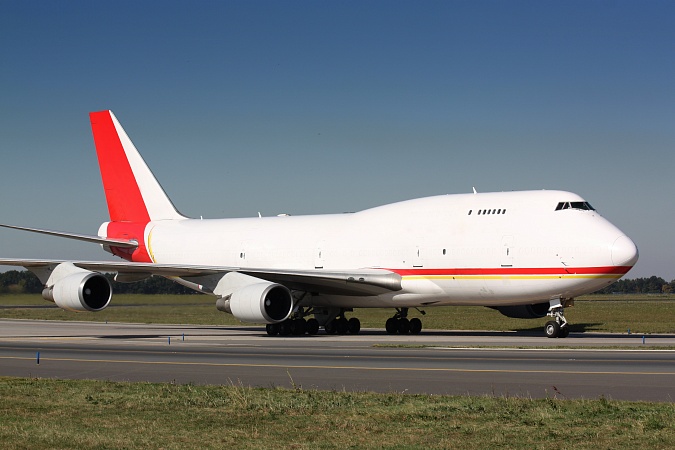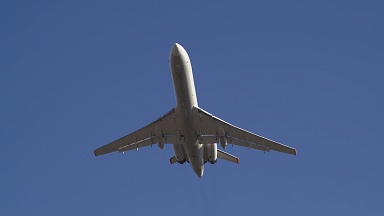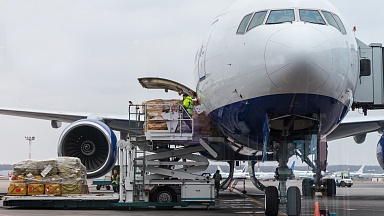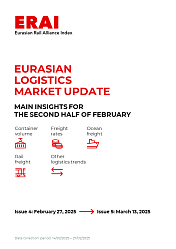A new transpacific flight connects Taipei and Hong Kong to Anchorage and Indianapolis, and returns via Anchorage to Taipei, five days per week, providing customers “with improved capacity between Greater China and North America, further accelerating trade between Asia’s leading logistics hub (Hong Kong) and the US,” the company said in a statement.
Benefiting from strong export demand from major trading partners, the US and mainland China, and key Asian economies are also starting to see rebound, it underlined.
For instance, Taiwan’s economy is forecasted to grow at its fastest pace in more than a decade in 2021, with global demand for its technology products driven by the work-and-study-from-home boom resulting from the Covid-19 pandemic.
FedEx Express has also announced the addition of a new Asia-Europe flight connecting its Charles de Gaulle (CDG) hub in Paris, with its Asia Pacific hub in Guangzhou, China, four days per week via Osaka, Japan, and one day a week via Singapore Changi Airport, “providing 10 extra connections each week for APAC customers to and from Europe.”
Europe is Japan’s third largest trading partner and, this year, Japan saw a year-on-year (YoY) increase of 28% in its global imports.
'Greater connectivity'
Combined with the four new intercontinental flights launched in July, FedEx has added 62 flights in and out of APAC per week with additional capacity to carry almost 2,700 tons (2,690,000 kgs). These added flights contribute to a total of over 225 weekly flights in and out of APAC to the US and Europe. Businesses are benefiting from improved connectivity and enhanced service reliability when importing and exporting with Europe, the U.S. and intra-Asia.
“With businesses reopening worldwide in varying phases, cross-border trade is gaining renewed momentum. Building a more robust and resilient global network is vital to empowering APAC businesses and supporting them in tapping growth opportunities,” noted Kawal Preet, president of the Asia Pacific, Middle East, and Africa (AMEA) region at FedEx Express.
“Our intercontinental flight expansion, and enhancement of our fleet over the past few months, is testament to the FedEx commitment to support businesses of all sizes, particularly with the rapid growth of e-commerce and the upcoming year-end holiday peak.”
Recently, FedEx further enhanced its cross-border e-commerce capabilities with the launch of FedEx International Connect Plus (FICP), a new FedEx Express International, day-definite, e-commerce shipping service “that combines competitive speed with attractive prices.”
Increase in intra-Asia capacity
In addition to these new intercontinental flights, FedEx has also increased its intra-Asia network capacity by replacing B757 narrow body freighters with B767 wide-body freighters. - making its fleet in the region 100% wide-body.
This has almost doubled the cargo capacity to Indonesia, Vietnam, Thailand and the Philippines. The FedEx B767 freighter offers a maximum gross payload capacity of nearly 60,000 kgs and provides 38% more fuel efficiency.





